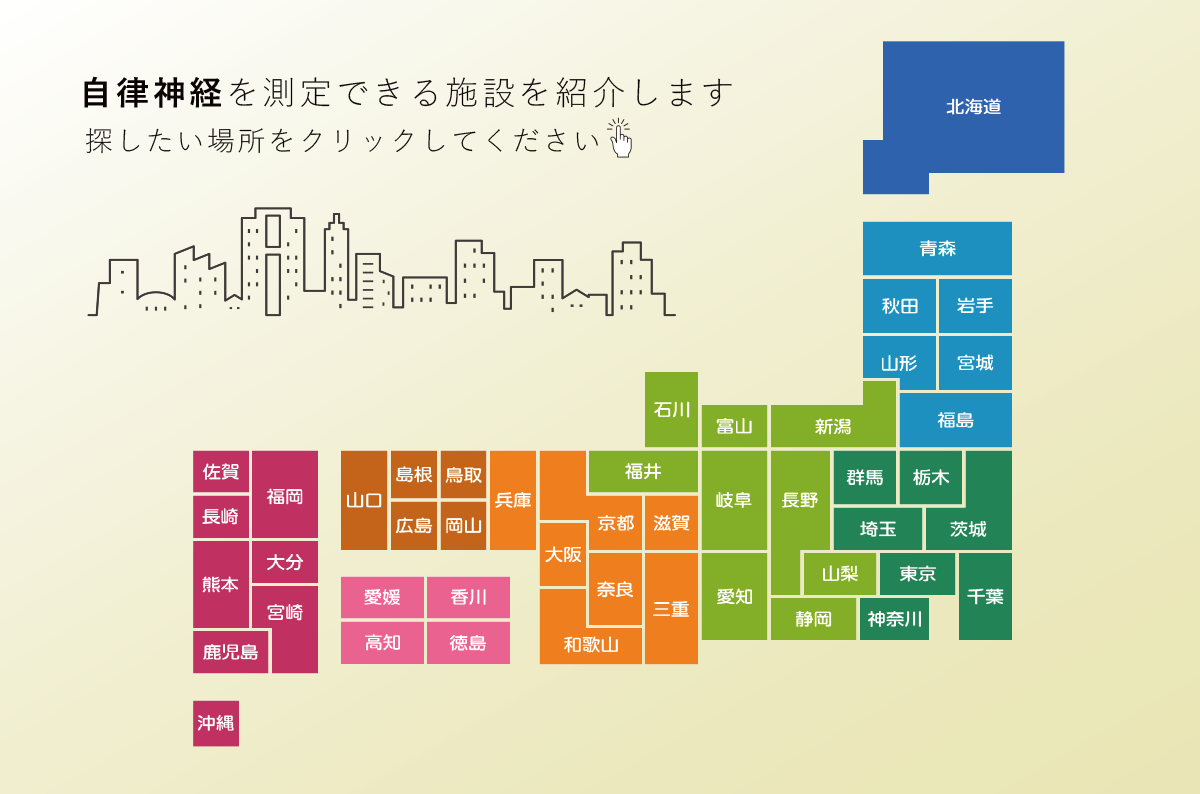不動産売買 | Deconstructing Pain Experience
ページ情報
投稿人 Felipe 메일보내기 이름으로 검색 (38.♡.202.225) 作成日25-05-25 22:30 閲覧数2回 コメント0件本文
Address :
US
Pain is a universal human experience, a all-consuming and debilitating sensation that transcends biological and neurological boundaries, and has significant invisible threads that weave together our thoughts, feelings, and behaviors. When we experience pain, it's not just a physical sensation; it's a rich and nuanced experience that involves emotions, 津市 整体 thoughts, and behaviors. Understanding the psychological aspects of pain is crucial in managing and alleviating its impact on our lives.
One of the primary factors of pain is psychological suffering. Pain can evoke a wide range of emotions, from fear and anxiety to melancholy and resentment. When we're in pain, we may feel overwhelmed, helpless, and hopeless, which can exacerbate the pain experience. This psychological bond to pain makes it challenging to manage, as our mood and mental outlook can influence our perception of pain and our ability to cope with it.
Perception of pain also plays a significant role in the psychological aspects of pain. Our brain interprets pain signals and interprets them based on our past experiences, expectations, and attitudes. For instance, individuals who have experienced trauma or stress may be more responsive to pain due to heightened vigilance and hypervigilance. Conversely, individuals who have learned to manage pain through exercise, meditation, or other coping strategies may exhibit reduced pain sensitivity.
The brain plays a central function in processing and modulating pain signals. Studies have shown that the brain's pain-processing centers, such as the regions associated with emotion, attention, and sensory processing, are highly active in individuals experiencing persistent suffering. Furthermore, research has demonstrated that the brain's neurotransmitter systems, which influence mood and motivation, is also involved in pain processing. This suggests that pain is not just a biological response, but an emotional and motivational one as well.
Characteristics and patterns of behavior such as habitual negative thinking and excessive fear can also affect the psychological aspects of pain. Catastrophizing refers to the tendency to believe that one's pain is extremely severe and uncontrollable. Individuals who engage in catastrophizing may experience increased pain sensitivity and poorer management strategies. Anxiety related to pain is characterized by a persistent fear of pain and fear of losing control. Individuals with high pain anxiety may exhibit avoidance behaviors and exaggerated fear responses to pain.
Cognitive-behavioral therapy (CBT) and other mental health treatments have been shown to be effective in managing persistent suffering by targeting these psychological aspects. CBT aims to change negative thought patterns and destructive behaviors, promoting more adaptive coping strategies, such as acceptance, relaxation, and problem-solving. By targeting the psychological aspects of pain, CBT and other treatments can markedly decrease pain symptoms, improve mood, and enhance overall quality of life.

【コメント一覧】
コメントがありません.

